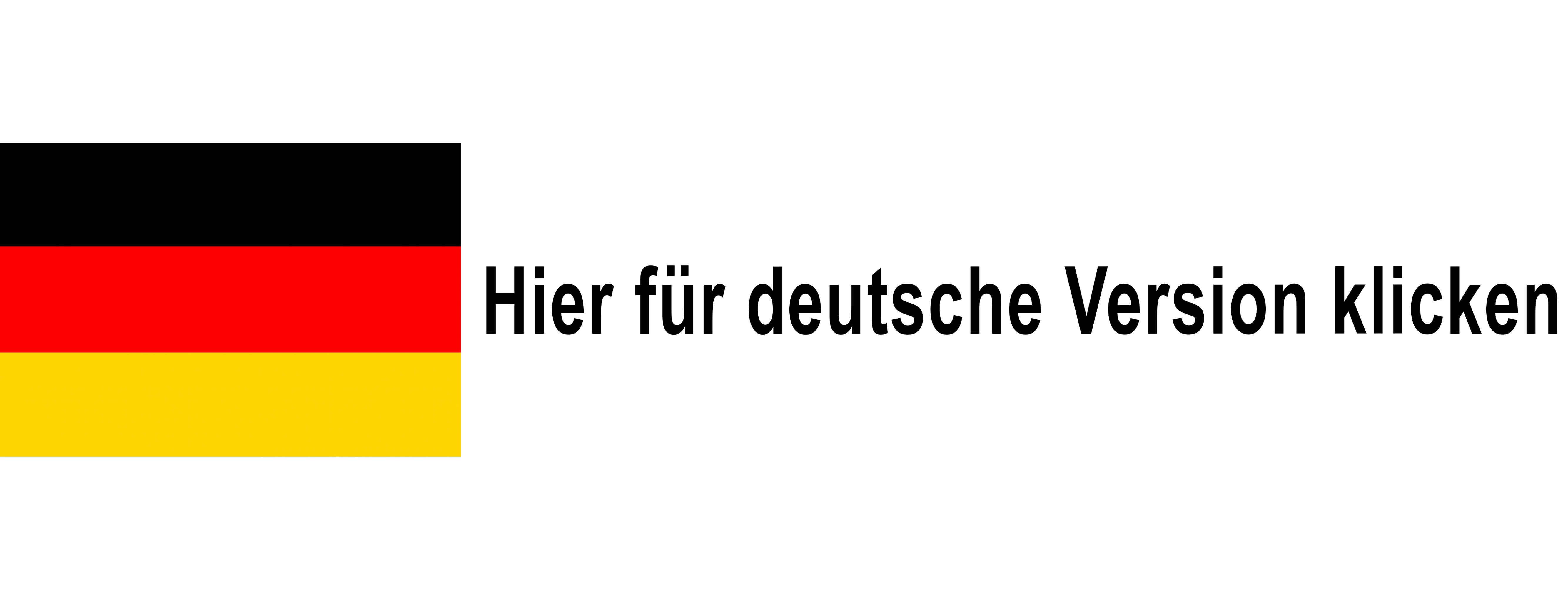- GU Home
- Faculties
- Faculty 03 Social Siences
- Students
- Study Programs at the Faculty of Social Sciences
- Bachelor of Arts Political Science Minor
- Content and Structure B.A. Political Science Minor
- Content & Structure B.A. Political Science Minor - Study Regulations 2014
- Information for Students
- Information for First Semesters
- Information for Prospective Students
- Study Programs at the Faculty of Social Sciences
- Bachelor of Arts Political Science Major
- Bachelor of Arts Political Science Minor
- Bachelor of Arts Sociology Major
- Bachelor of Arts Sociology Minor
- Bachelor of Arts Gender Studies Minor
- Master of Arts Political Science
- Master of Arts International Studies / Peace and Conflict Research
- Master of Arts Political Theory
- Master of Arts Sociology
- Master of Arts Economic Sociology
- Master of Arts Comparative Democracy
- Internship
- Vocational Orientation
- Examinations and Examination Office
- Student Counselling
Important Information
At a Glance
|
Standard period of study: |
6 semesters (3 academic years) |
|
|
Programme start: |
Summer and winter semester |
|
|
Admission restrictions: |
Admission to the programme is restricted. |
|
|
Scale: |
60 credit points (CP) |
|
| Number of
modules |
5 compulsory modules |
|
| Module examination formats: |
Term
paper |
|
Language(s) of instruction: |
German, English |
|
|
Programme Director: |
Modules & Content Structure of the B.A. Political Science Major
The BA Political Science is divided into five modules. A module is a stand-alone thematic unit which – with the exception of the internship and the dissertation – consists of several courses.
|
Module Name |
Module Contents |
CP |
|
Module 1:
|
Here you attend the lecture and an accompanying practical class or tutorial. The module ends with a small project (term paper). |
10 |
|
Module 2: |
Students must produce proof of active participation in two undergraduate seminars and sit an end-of-module examination. |
10 |
|
Module 3: |
Systems:
Stakeholders:
Processes:
|
13 |
|
Module 4: |
|
13 |
|
Module 5:
|
Students can choose their own focus area. Suitable contents can be selected individually from:
Students must produce proof of active participation in two seminars (advanced courses) and sit an end-of-module examination. |
14 |
Contact
Dipl.-Soz. Alexander Simon
Student counselling for B.A. programs in Political Science and
Sociology / Student counselling for M.A. programs / M.A. admission /
B.A./M.A. internship counselling
E-Mail:
studienfachberatung.fb03@soz.uni-frankfurt.de
PEG Room 2.G 133
Open consultation hours:
Tuesday 11a.m - 1p.m.
Thursday 11a.m. - 1 p.m.
In lecture free time only on Tuesdays
Open telephone consultation hours:
Wednesday 11a.m - 1p.m.
or by individual arrangement
Goethe-University
Department 03
PEG-Building
Theodor-W.-Adorno-Platz 6
60323 Frankfurt am Main
- Studying at Goethe University
- International applicants
- Faculties
- Overview of study programmes
- Programme for refugees
- GRADE
- Goethe Business School (continuing education)
- Research at Goethe University
- Scientific news
- Goethe Welcome Center (for international researchers)
- Collaborative research projects
- Individual research
- Visiting fellowships
- Endowed chairs
- About the University
- News-in-brief
- University administration
- Campus locations
- Campus life
- University archives (German)
- Rhine-Main-Universities









